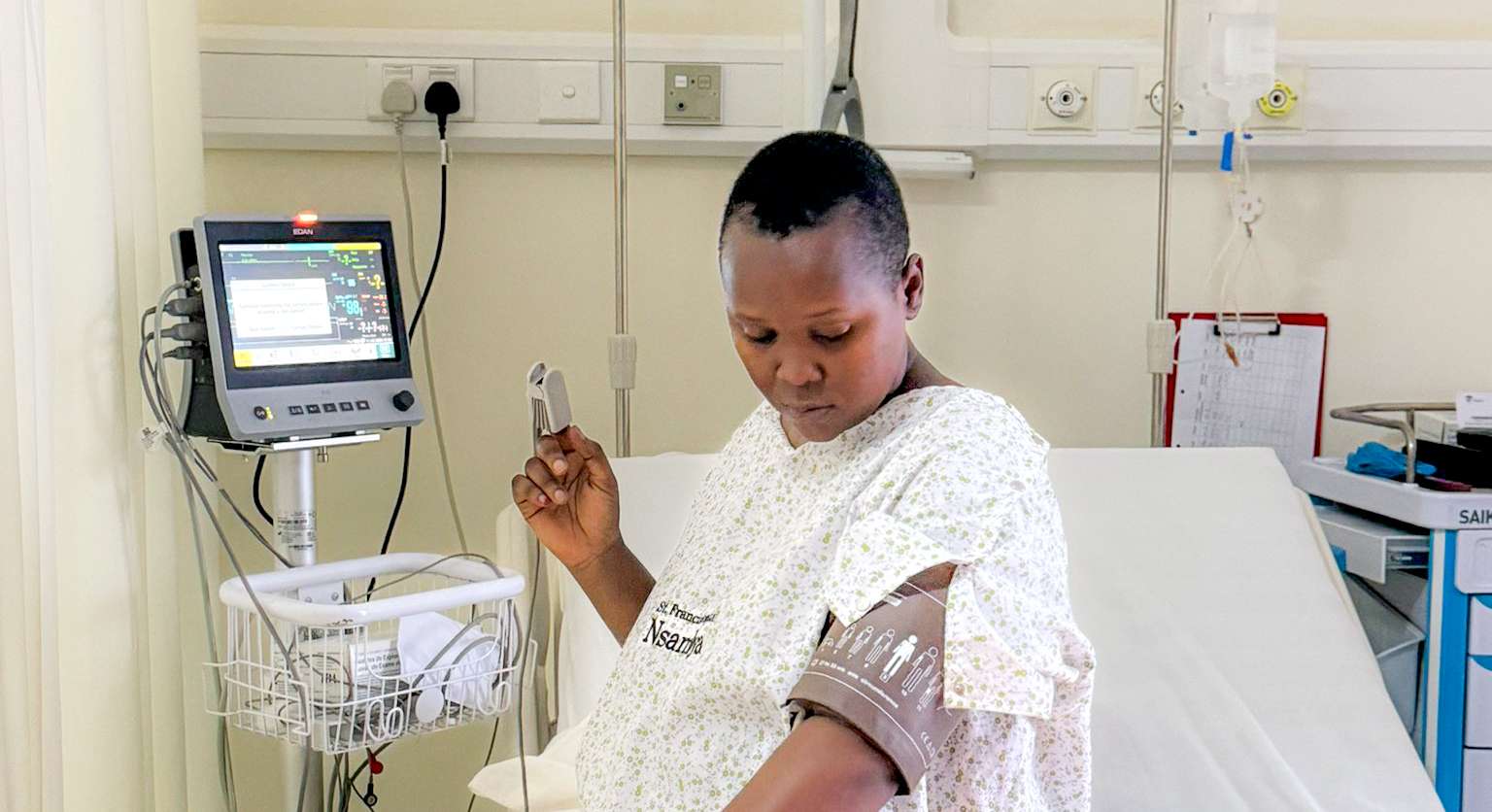Business
Butaleja Population Estimated at 312,713 - What are the Underlying Challenges and Opportunities?
Butaleja District, nestled in the eastern region of Uganda, is brimming with potential as it stands at the cusp of a demographic surge. With a 2024 population of 312,713, this young district is poised for significant socio-economic transformation. However, with this growth come challenges and opportunities that must be carefully navigated to ensure sustainable development.
High Youth Unemployment:
Butaleja's youthful population presents a significant challenge in the form of high unemployment rates. With a majority of the population under the age of 30, there is an urgent need for job creation and skills development to harness the potential of this demographic dividend. The lack of formal employment opportunities can lead to increased poverty and social unrest.
Educational Barriers: While there have been efforts to improve educational access, the quality of education remains a pressing concern. Many schools are under-resourced and struggle with inadequate infrastructure, affecting student performance and retention rates. Additionally, socioeconomic factors often prevent children from attending school regularly, exacerbating the cycle of poverty.
Infrastructure Gaps:
Inadequate infrastructure, particularly in transportation, electricity, and water supply, hampers economic development. Poor road conditions impede market access for agricultural products, while limited electricity and clean water supply affect the quality of life and constrain business activities.
Agricultural Innovation:
Despite its challenges, agriculture remains a vital sector with significant growth potential. By embracing modern agricultural practices and technologies, Butaleja can enhance productivity and sustainability. Innovations such as improved seed varieties, irrigation systems, and agro-processing can increase yields and open new market opportunities.
Healthcare Deficiencies
The district's healthcare system faces significant challenges, including insufficient medical facilities, a shortage of healthcare professionals, and limited access to essential medicines. These issues are compounded by high rates of diseases such as malaria, HIV/AIDS, and malnutrition, which strain the already overstretched health services.
Education and Skills Development:
Investing in education and vocational training is critical for empowering the youth and reducing unemployment. Enhancing the quality of education, expanding access to technical and vocational training, and fostering partnerships with the private sector can equip young people with the skills needed for the job market.Strengthening Healthcare Systems:
Improving healthcare infrastructure and services is essential for addressing the district's health challenges. Building more health centres, training healthcare workers, and increasing access to essential medicines can significantly improve health outcomes. Preventive health measures and community health programs can also play a vital role in promoting public health.
Agricultural Vulnerability: Agriculture is the primary livelihood for most residents in Butaleja. However, the sector is vulnerable to climate change, annually people lose their crops to floods, with erratic weather patterns and soil degradation threatening crop yields. Dependence on traditional farming methods, plus limited access to the bigger markets further limits agricultural productivity, Agribusiness and sometimes food security due to demoralisation.
Infrastructure Development:
Investing in infrastructure development can drive economic growth and improve living standards. Upgrading road networks can facilitate better market access and reduce transportation costs. Expanding electricity and clean water supply can boost business operations and attract investments. Public-private partnerships can be instrumental in mobilizing resources for these infrastructure projects.
Climate-Smart Agriculture:
Adopting climate-smart agricultural practices can mitigate the impacts of climate change and improve agricultural resilience. Techniques such as crop diversification, agroforestry, and conservation agriculture can enhance productivity while preserving the environment. Providing farmers with access to climate information and financial services can support the adoption of these practices.








